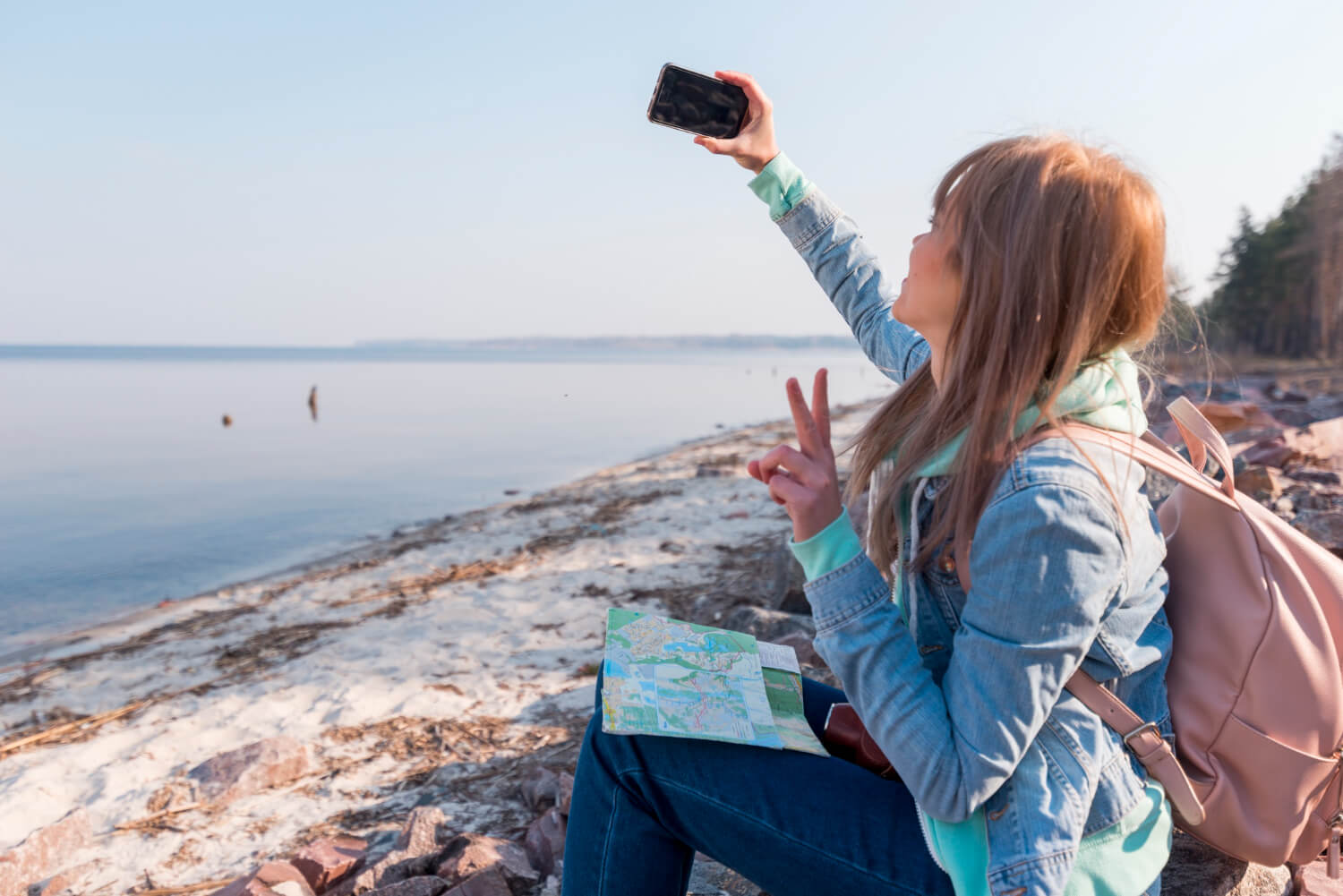Traveling doesn’t have to cost a fortune, and staying on a budget doesn’t mean sacrificing comfort. With a little know-how and smart planning, you can explore incredible destinations, relax in cozy accommodations, and enjoy unforgettable experiences without overspending. Whether planning a weekend getaway or a long-term adventure, here are some practical tips to help you travel on a budget without skimping on the comforts that make the trip enjoyable.
1. Hunt for Affordable Flights
Flights often represent a significant chunk of your travel expenses, but there are strategic ways to find cheaper fares. Start by being flexible with your travel dates. Midweek flights and off-peak seasons generally offer lower prices. Use platforms like Google Flights or Skyscanner to track airfare trends. Set up price alerts to snag the best deals as soon as they drop.
Additionally, consider flying to nearby airports with cheaper options and using budget airlines or buses to reach your final destination. Being open to layovers can also help you save, and who knows? A few extra hours in a transit city could be a mini adventure within your trip!
2. Choose Budget-Friendly Accommodations That Don’t Skimp on Comfort
Gone are the days when budget accommodations meant cramped, dingy hostels. Today, countless affordable options still feel like home. Websites like Airbnb and Booking.com allow you to find cozy apartments, private rooms, or boutique budget hotels that fit your needs without stretching your wallet. Shared spaces like co-living hubs are great for connecting with others while saving money, and many come equipped with kitchens so you can cook your own meals.
If you’re open to adventure, try house-sitting through platforms like TrustedHousesitters. You’ll stay in comfortable homes for free while looking after someone’s pets or plants. Another option is swapping houses with another traveler, perfect for a longer getaway. With a little research, affordable comfort is just a few clicks away.
3. Eat Like a Local, Not a Tourist
Food can make or break your travel budget, but eating well while sticking to a budget is completely possible. Skip the overpriced restaurants in touristy areas and, instead, seek out where the locals eat. Look for street food vendors or small neighborhood eateries offering authentic, delicious meals. Farmer’s markets are another goldmine for fresh, affordable snacks.
Alternatively, consider grocery shopping and preparing some meals yourself, especially if you can access a kitchen. This allows you to try local ingredients while saving some serious cash. A mix of eating out and cooking can balance both your budget and your dining experiences.
Pro Tip: Lunch specials are often cheaper than dinner menus, so plan to indulge in your main meal earlier in the day.
4. Leverage Travel Rewards Programs
If you’re not already using travel rewards, you leave money on the table. Sign up for airline loyalty programs, hotel rewards schemes, and any travel-related cashback offers connected to your credit card. Points and miles can add up quickly, giving you free flights, upgrades, or discounted stays.

Travel-focused credit cards can amplify your savings if you’re a frequent traveler. Many offer sign-up bonuses, free checked bags, lounge access, and travel insurance. Just make sure you pay off your balance in full every month to avoid interest charges that could negate your savings.
5. Use Public Transportation and Walk
Getting around a new city can be surprisingly expensive if you rely on taxis or rideshare apps. Instead, opt for public transportation. Nearly every major city has an affordable metro, bus, or tram system that can take you where you need to go without draining your wallet. Day passes for unlimited travel can be a real lifesaver.
Better yet, explore your destination on foot whenever you can. Walking saves you money and allows you to experience the city more intimately. You might stumble upon hidden gems, quaint streets, or incredible views you’d never find otherwise.
6. Prioritize Free or Low-Cost Experiences
You don’t need to spend much time having a rich and meaningful travel experience. Many destinations offer free or low-cost activities. Museums, parks, hiking trails, local markets, and community events are often cheaper than guided tours or attractions. Check tourism websites or social media pages for free walking tours or festivals that coincide with your visit.
Some cities also have free museum entry days or discounts for students and families. Take advantage of these opportunities and plan your itinerary around them. You’ll end up with memories that are just as priceless as they are affordable.

7. Pack Smart to Avoid Hidden Costs
Packing light can save you both money and stress. With fewer bags, you can avoid hefty airline baggage fees and move around more easily. Bring versatile clothing that can be layered or styled in multiple ways to reduce the bulk without sacrificing style.
Don’t forget travel essentials like reusable water bottles, a portable phone charger, and snacks for long outings. These small items can prevent unnecessary spending on overpriced airport drinks or energy bars.
8. Plan Ahead Without Over-Scheduling
When traveling on a budget, planning is your best friend. Research and book essentials like flights and accommodations early for lower prices. However, leave some room for spontaneity. Over-scheduling can lead to stress and unplanned expenses if things don’t go perfectly. You might also stumble upon free attractions or last-minute deals by keeping your itinerary flexible.
9. Take Advantage of Apps and Online Resources
Technology is your travel companion. Use apps to help you find deals, track expenses, and curate your trip. Apps like Hopper, Couchsurfing, or Rome2Rio can guide you to affordable travel options. For those truly adventurous, services like BlaBlaCar let you share car rides for cheap while meeting locals.
Budgeting apps like Trail Wallet or Splitwise can also help you stay on track financially throughout your travels. With a little help from technology, staying on top of expenses and opportunities becomes second nature.








